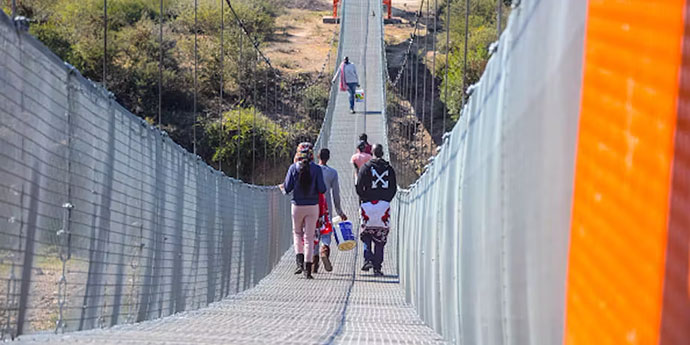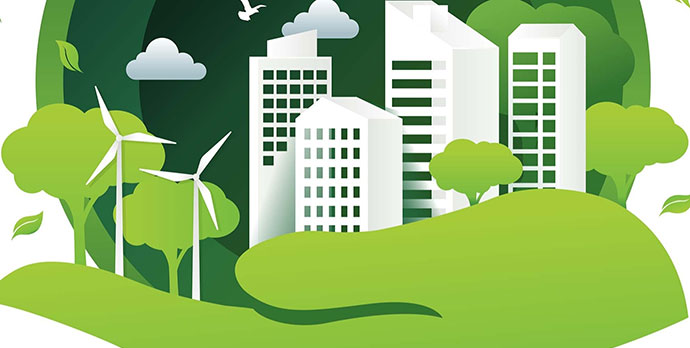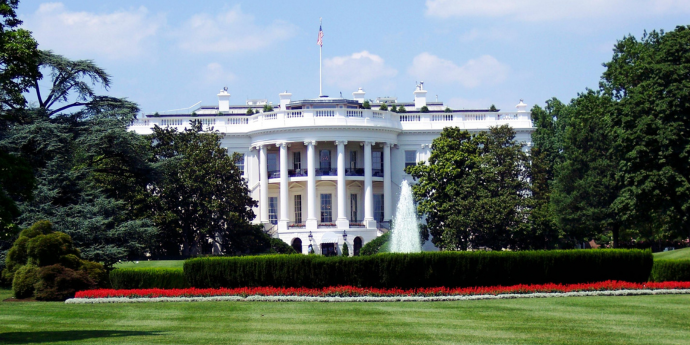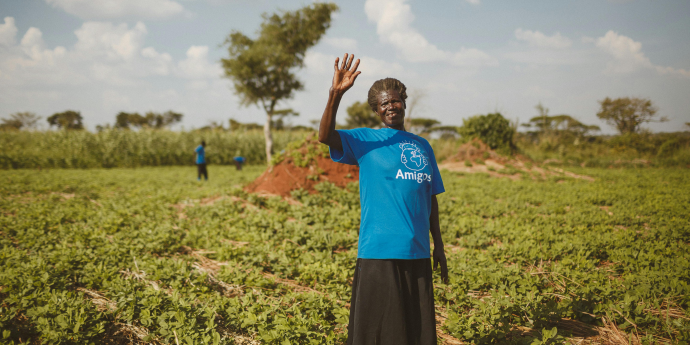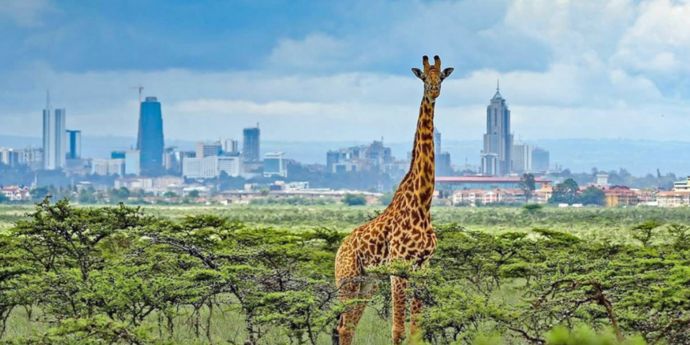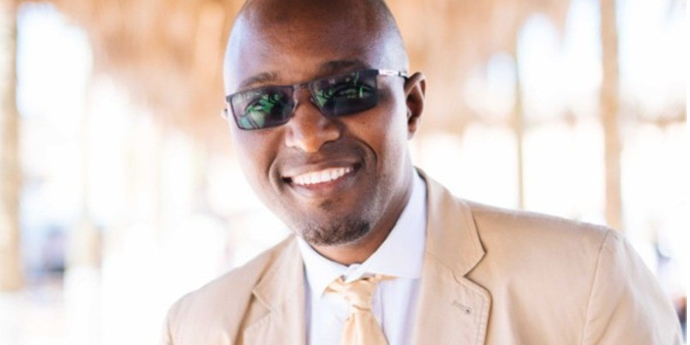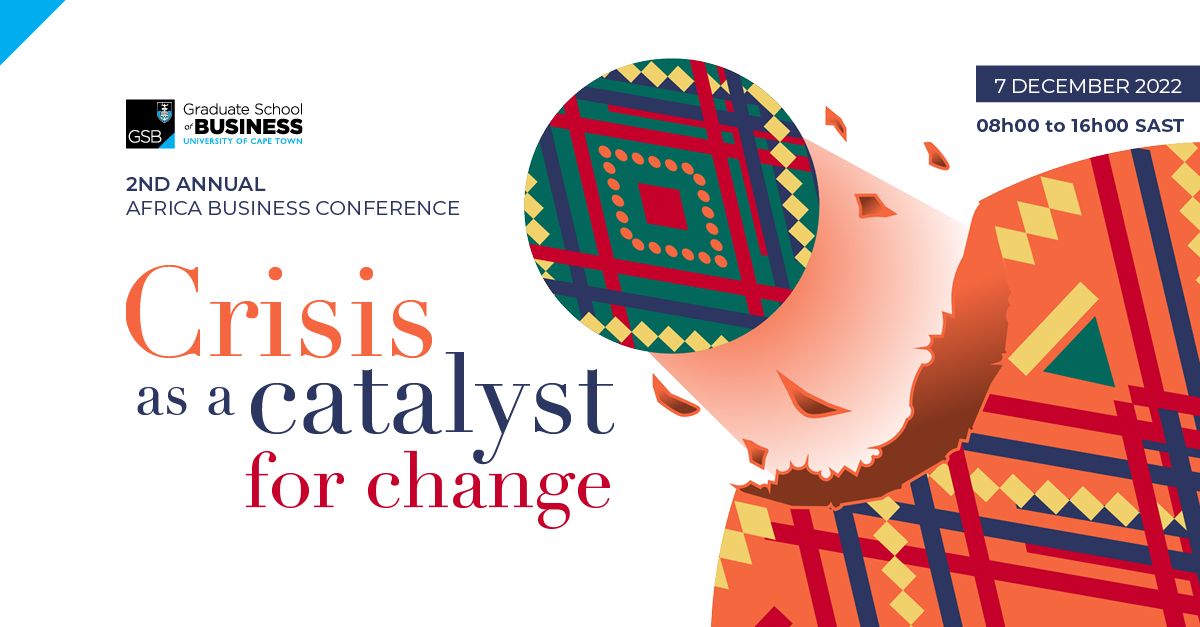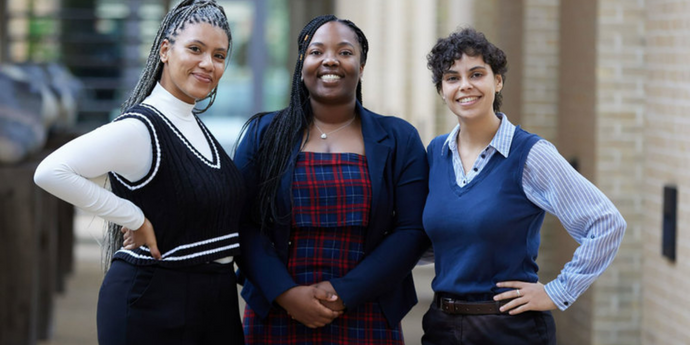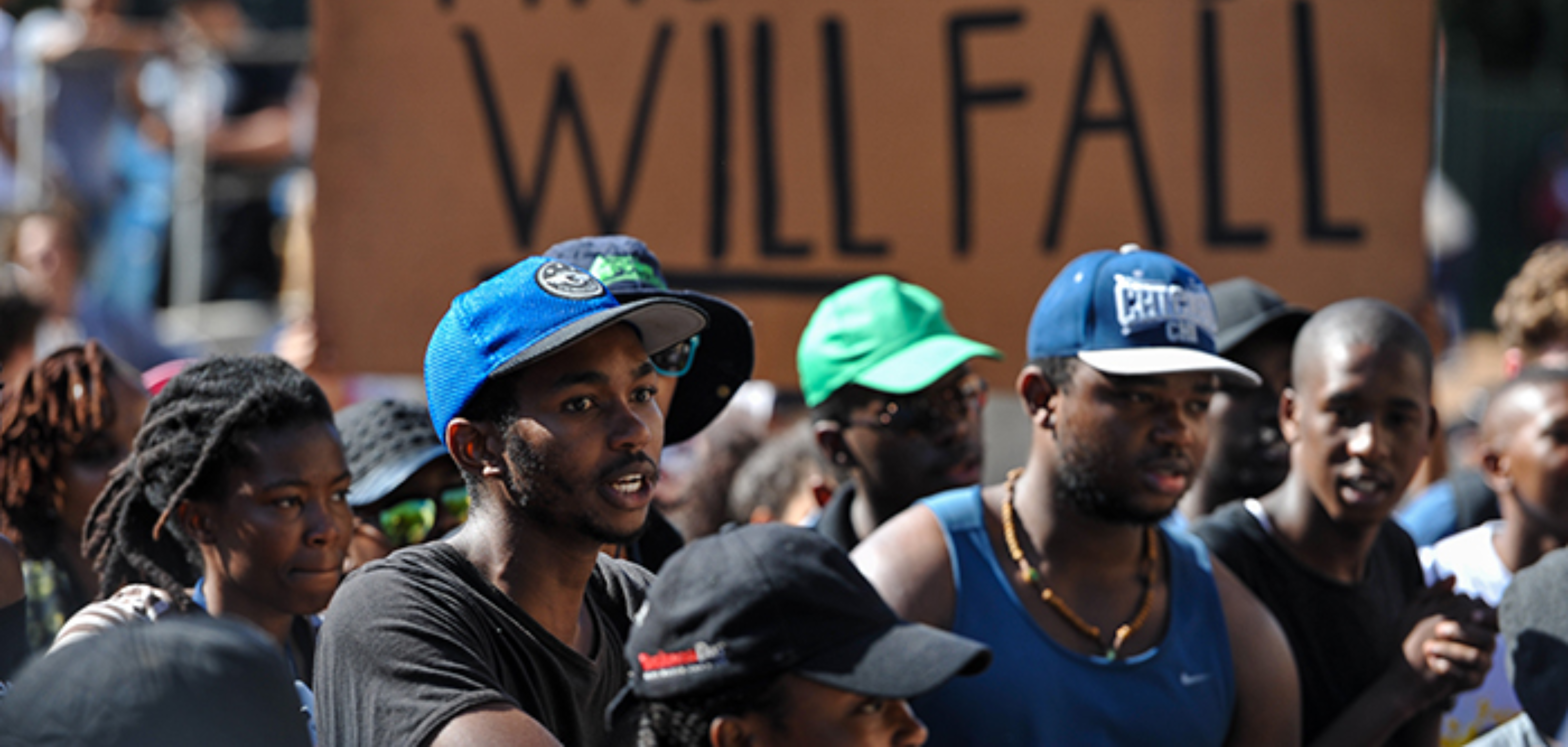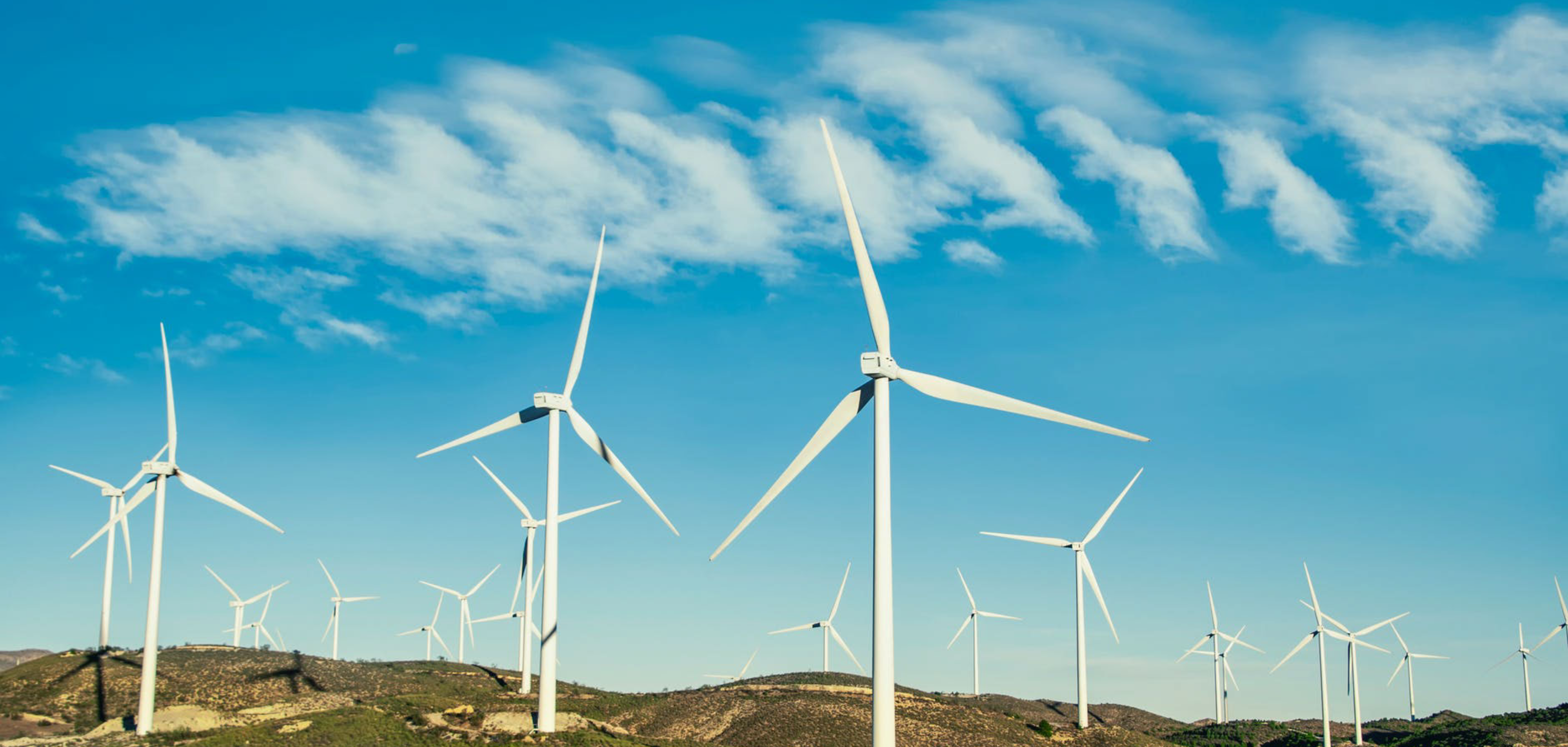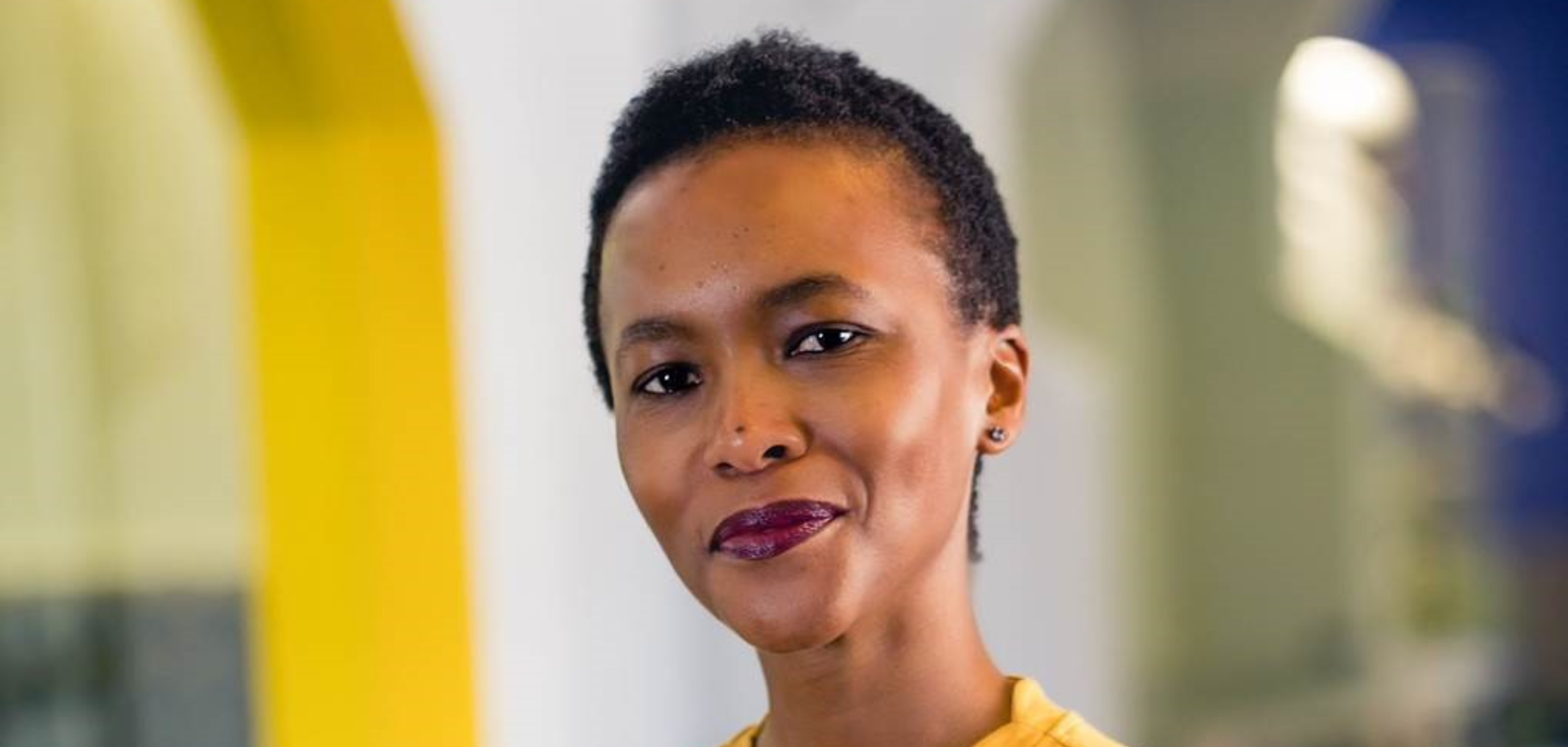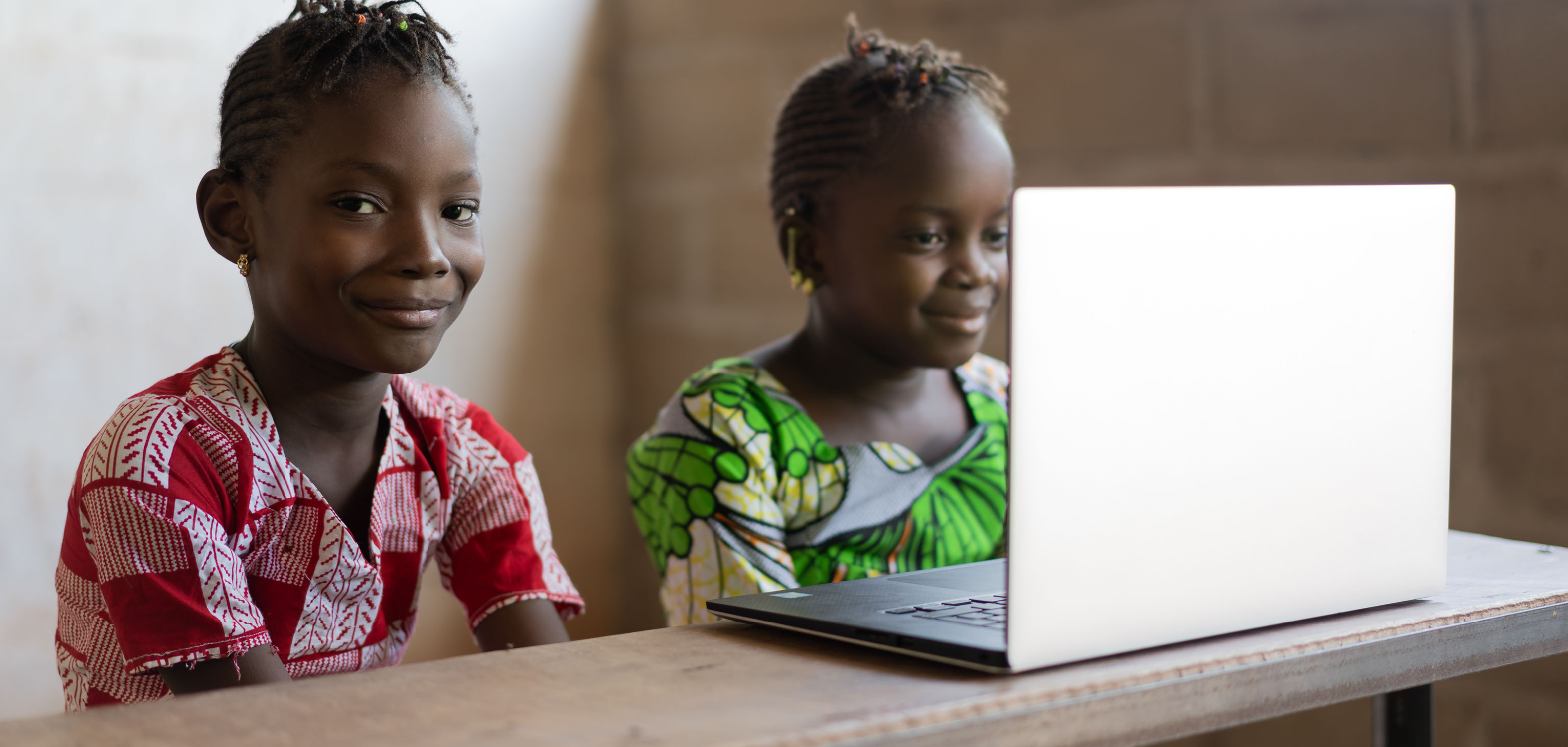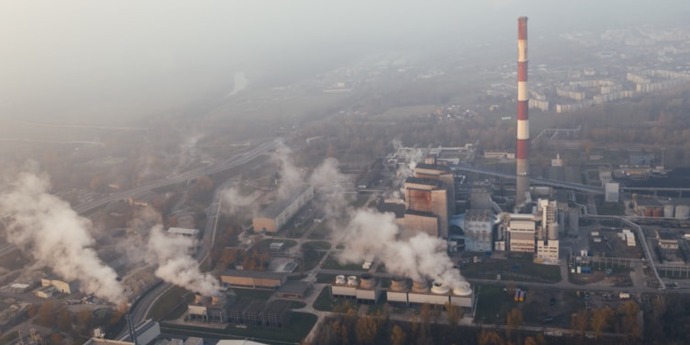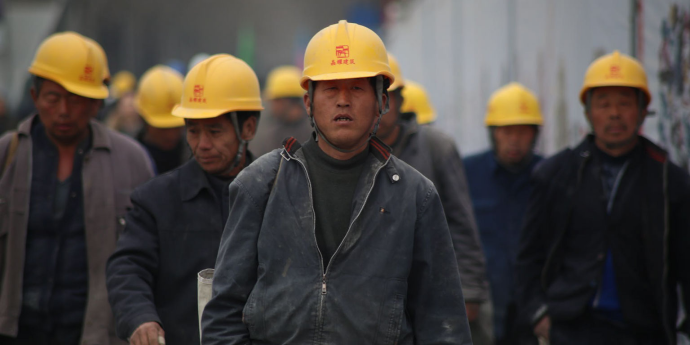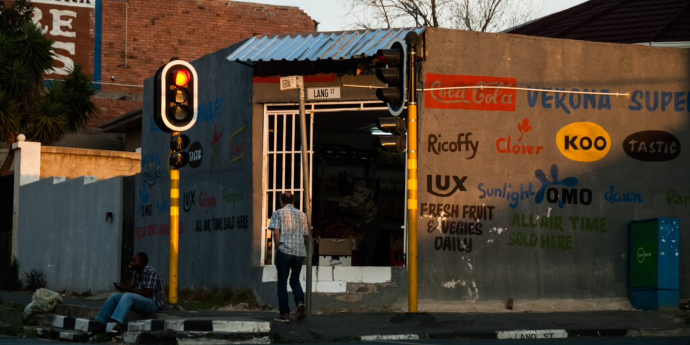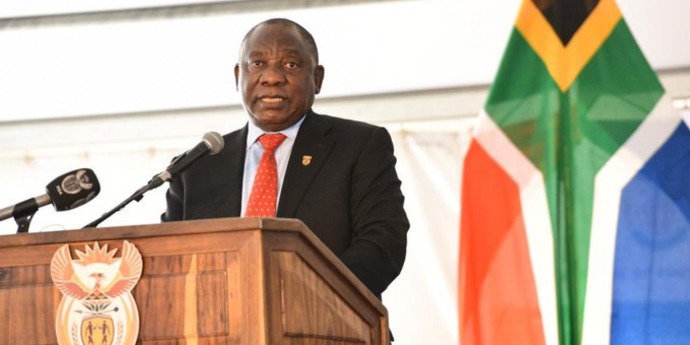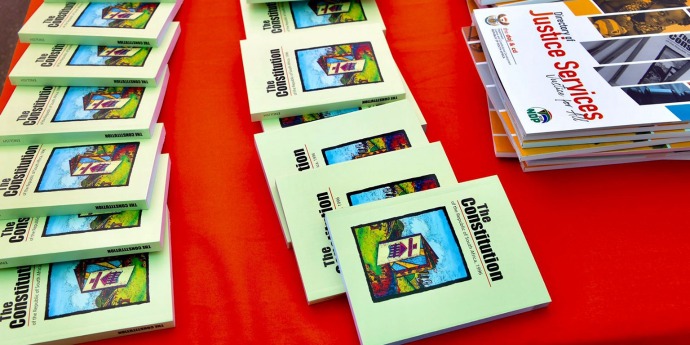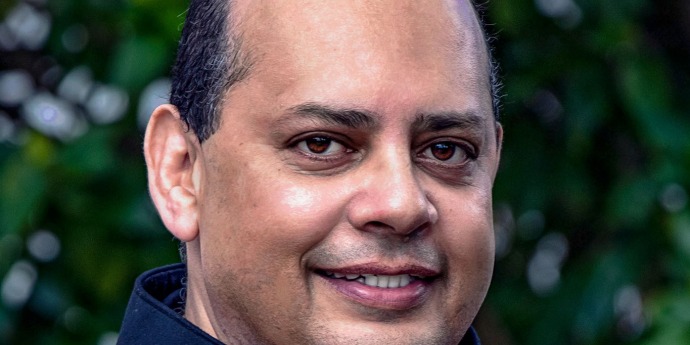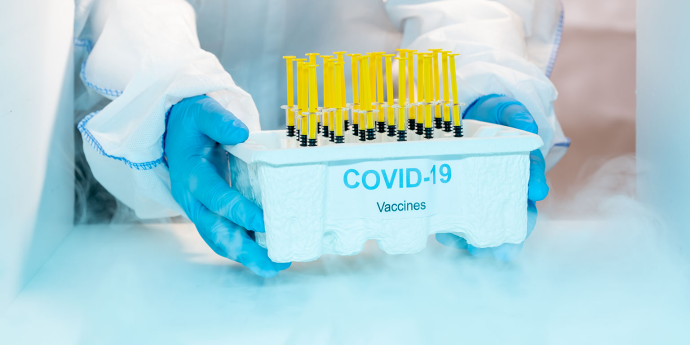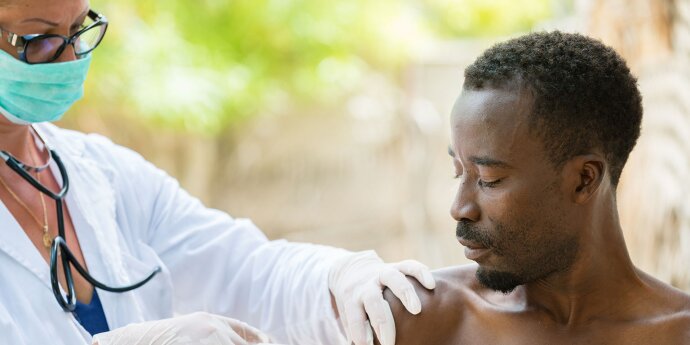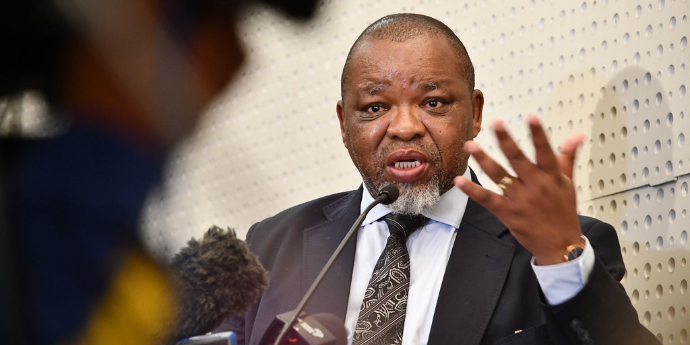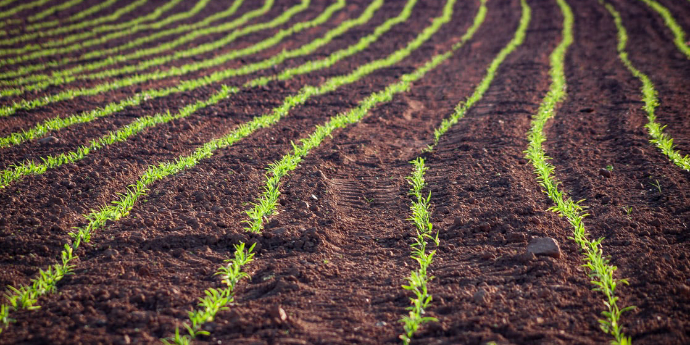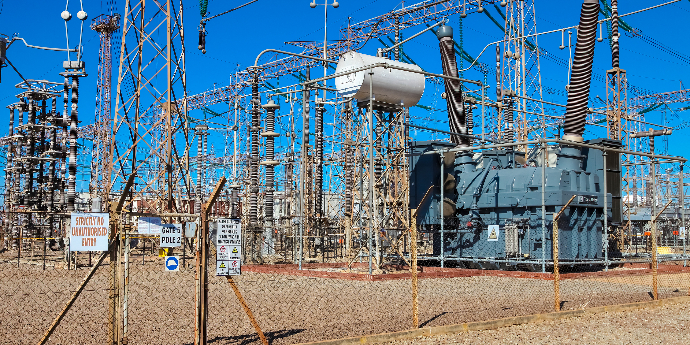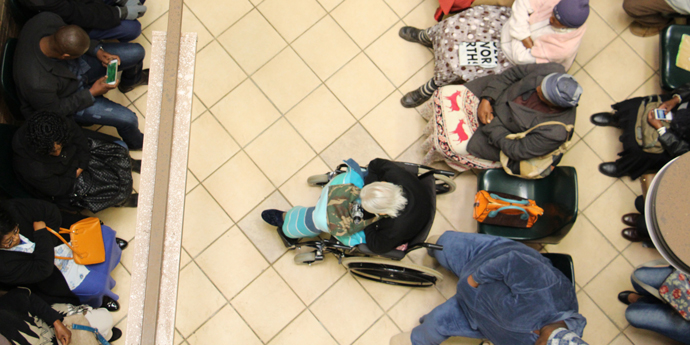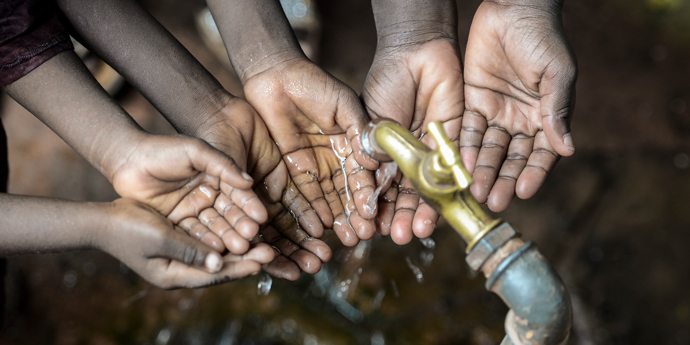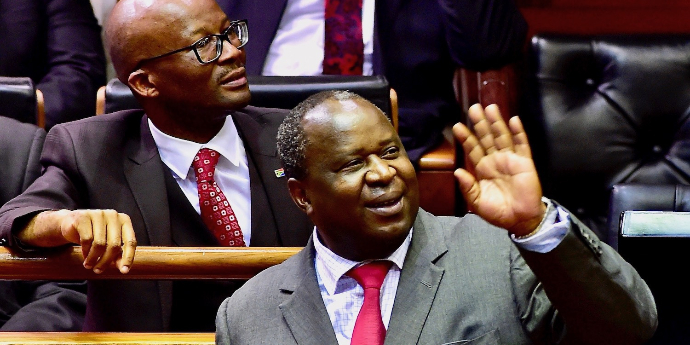Siwe Kuse, a researcher at the Power Futures Lab spoke with Cape Talk's Kieno Kammies about being a fellow on the Open Africa Power (OAP) Programme, an education initiative hosted by the UCT GSB in partnership with Enel Foundation and the Nelson Mandela Foundation.
Listen to the full interview here:
Q: What is the purpose of the OAP programme?
Some 600 million people in Sub-Saharan Africa do not have access to power. This obviously poses significant constraints on modern economic activities, the provision of public services, quality of life, as well as the adoption of new technologies across a variety of sectors such as education, agriculture and finance. This demonstrates that there is an urgent need for practitioners who understand that energy is intrinsically linked to development.
The ambition of the programme is to empower and retain African talent in a crucial sector such as energy because it is of paramount importance to unlocking Africa’s sustainable future.
Q What type of energy are you focusing on?
This programme tries to empower clean energy leaders for the future. So there’s a focus on limiting our carbon footprint and also introducing technologies that are cost-competitive, sustainable and part of the SDG goals to make sure that we have a reliable mix and energy that is affordable and clean.
Q: In terms of the practical enablement of young people that are involved in this, we need people who can actually action this. How do we make sure this happens?
What’s amazing about this programme is that it’s funded by Enel which uses a diverse mix of technologies. The students included in the programme are Master's and PhD Students or high-profile graduates who are working in their respective countries to really drive energy transformation. So they are not just talkers they are doers, each and every candidate that is a participant in this programme, and this is something so powerful.
Q: To create sustainable power systems, we need an understanding of business, of strategy, and there’s also a level of design thinking that needs to take place, and I know that UCT is big on that. So let’s talk about what surrounds all of these young people?
There are design sessions, not just a week long programme. The actual fellowship started in January. We were introduced to a course which is run by the Florence School of Regulation in Italy. There’s a number of Italian partners, UCT, a Kenyan partner. In this past week we had sessions on the challenges in power sector reform and performance, power systems and the future, leadership in a clean energy world. We had courses that focused on regulation, on energy modelling on understanding the different types of technology, on business and economic development, as well as the high impact of business in developing and emerging markets. So we had a whole range of different elements in the energy value chain so that each and every fellow is well-rounded which, as you say, is so important.
Q: When you look at local supply chains into shops, where lots of people farm together to provide produce for PicknPay for example, could we do the same with energy? Do you focus on how to entrepreneurially link households so that they can feed back into the grid and provide a block of energy?
A: That’s one of the things we spoke about on self-generation, and as you will have heard in the SONA there’s a big commitment on self-generation particularly for mines and big industry. I don’t know how that’s going to play out because there’s specific regulation and policy that needs to be put in place, but I can certainly speak to the idea of households and small users producing their own energy, and I already know of someone who has a solar panel and a battery that feeds their entire home system and when it reaches its cap, that person then feeds their electricity back into the grid.
These are novel new innovations for the future and if we start thinking ahead this is going to become a reality that will really help alleviate some of the pressure off Eskom, which is obviously battling capacity, amongst many other things.

